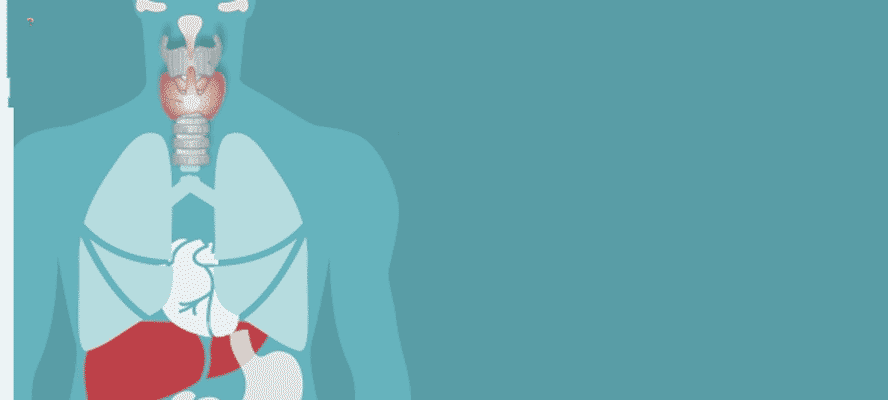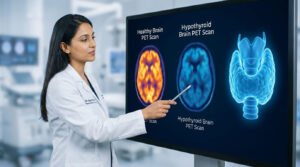The interdependence between two different components makes the action of each component multifaceted due to the nature of their dependency. For example, in the field of information technology (IT), for a system to operate flawlessly different components are interconnected. Processors for processing information, databases for storing and retrieving, networks for passing on the information from one system to another and so forth. If any component of this structure goes missing, the entire system fails to function correctly.








